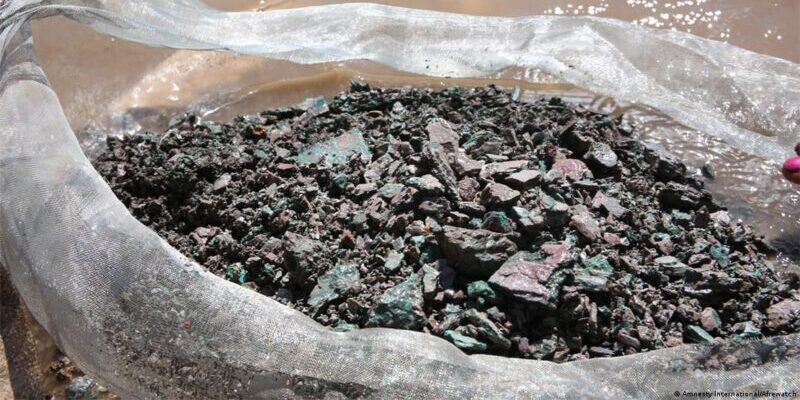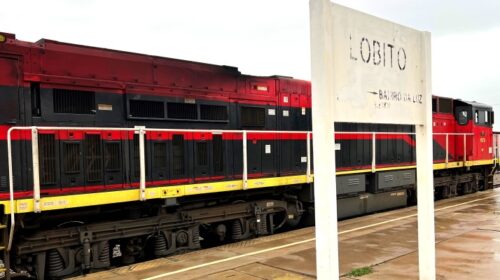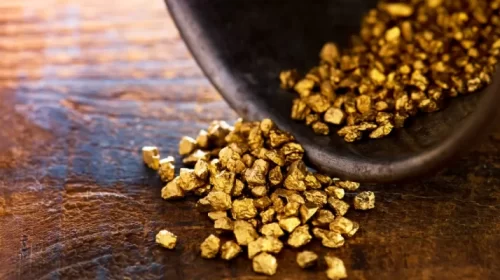EU and DRC Collaborate on Mineral Traceability Amid Tensions with Rwanda
The European Union is working with the Democratic Republic of Congo (DRC) to improve the traceability of the country’s vast natural resources, following accusations from Kinshasa that Rwanda is looting its mineral wealth. This collaboration comes after a contentious supply deal between the EU and Rwanda.
DRC President Felix Tshisekedi has criticized the EU-Rwanda agreement, signed in February, as a “provocation.” The DRC and Rwanda have long been at odds, with Kinshasa accusing Kigali of supporting the Tutsi-led M23 rebel group.
This group has seized significant territories in eastern DRC since launching an offensive in 2021. Kinshasa sees the EU’s accord with Rwanda as complicity in Rwanda’s alleged theft of Congolese minerals.
EU ambassador Nicolas Berlanga Martinez acknowledged the need for better communication and sensitivity regarding the agreement with Rwanda.
He emphasized that the EU is committed to working with the DRC to ensure the protocol with Rwanda, which focuses on transparency and mineral traceability, benefits Congo.
Berlanga Martinez pointed out that “mineral certification systems have many flaws” and stressed that the primary beneficiary of improved transparency in the minerals market should be the DRC, which is the source of many of these resources.
He highlighted that the EU had previously signed a strategic partnership with the DRC on critical raw materials value chains, which included creating a detailed roadmap within six months.
The EU envoy reiterated Brussels’ readiness to cooperate with Kinshasa and expressed optimism about the appointment of a new government following President Tshisekedi’s re-election four months ago.
In related news, M23 rebels reportedly captured the mining town of Rubaya in North Kivu last week after violent clashes with government forces, exacerbating the ongoing conflict in the region.
85 total views , 3 views today





